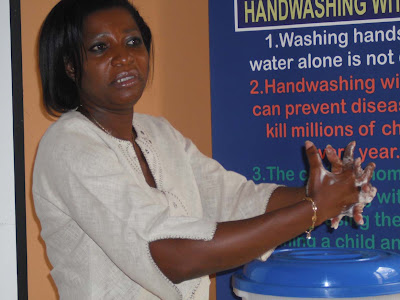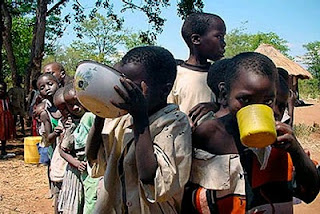Call to make agricultural research more democratic intensifies as World Food Day is marked today

BY EDMUND SMITH-ASANTE
Professor Olivier Schutter
The United Nations’ Special Rapporteur on the Right to Food, Professor Olivier De Schutter, has backed citizens worldwide who are demanding a fundamental shift in food and agricultural research to make them more democratic and accountable to society. De Schutter outlines his support in the foreword to a multimedia publication that the International Institute for Environment and Development (IIED), an independent, non-profit research institute based in London, UK, is set to launch today during the commemoration of World Food Day (16 October). He writes in the multimedia e-book titled Democratising Agricultural Research for Food Sovereignty in West Africa, that “The democratisation of agricultural research is vital for those who seek to make the human right to adequate food a reality.” Still in the foreword, the UN’s Special Rapporteur further applauds “the efforts that led to citizens’ jur



